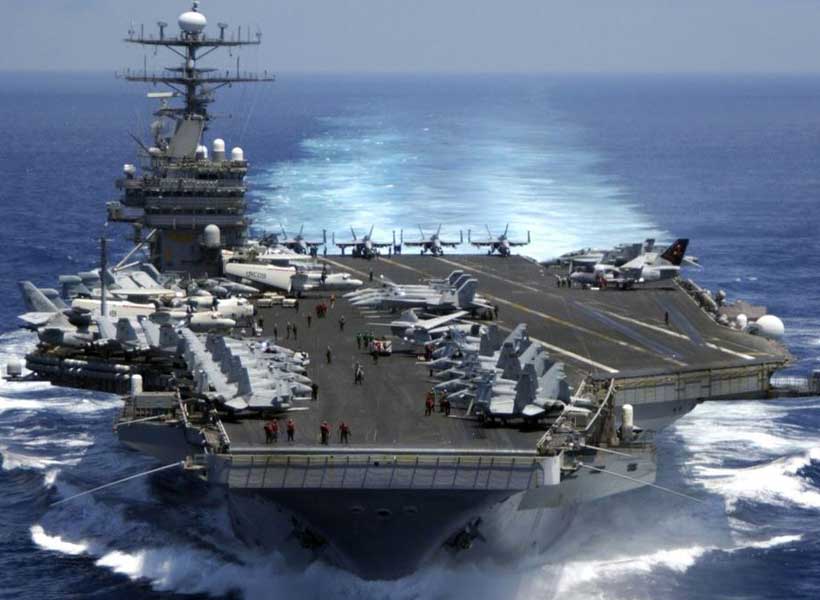After rising US-North Korean military threats, a number of US Congressmen have warned against any US military action against North Korea by writing letters to Secretary of State Rex Tillerson. Representatives in this letter condemned the “dangerous and irresponsible” threats to US President Donald Trump against North Korea. They have also called on the Trump government to publicly declare any “attack” against North Korea with Congressional authorization in order to reduce concerns.
The concerns of the US Congress are more about the Trump government’s action for a “preemptive strike” against North Korea, which was referred to as an “irresponsible and dangerous” act in the letter. The administration of the United States led by President George W. Bush in 2003 justified the invasion of Iraq in the form of a “forward attack”, which is conceptually related to the preemptive strike.
A pre-emptive and preventive strike is a coin of military action before a direct conflict begins. In fact, a country that is engaged in a pre-emptive strike is considered to be the initiator of a military conflict. The pre-emptive and preventive attack’s difference is that in the first type, the attack is immediate and immediate, and operates on the basis of it, but the latter is responding to less immediate threats. Both types of attacks known as “action-acts” are contrary to the rules of international law, since recourse to military action outside the two exceptions listed in Articles 42 and 51 of the Charter of the United Nations is prohibited and condemned in accordance with international law.
America’s pre-emptive strike on North Korea could have widespread and unpredictable consequences, which are losing ground for three reasons more than North Korea:
First, neither at the international level nor at the domestic level, the Tramp government has a sufficient consensus to attack North Korea. Any military action that the United States has initiated will most likely be quickly condemned by US domestic institutions and its European and non-European allies.
The second is North Korea’s nuclear-proliferation-grade nuclear weapons. Obviously, if the United States is to take military action against North Korea, it will also be mutually accountable to use its nuclear weapons. Nuclear weapons can have devastating effects on the United States. This issue has been addressed to Tillerson in the letter of Congressional representatives.
Thirdly, with the US resorting to a pre-emptive strike, which is a pre-emptive military action, due to its incompatibility with international law, the country’s condemnation is provided in international institutions.
As a result, the US pre-emptive strike against North Korea is an imprecise measure. Consequently, the US Congress representatives described in their letter comments on resorting to it as “irresponsible and dangerous.” The sum of the propositions indicates that military action against North Korea is in no way accessible to Americans, and any military action confessed by Congressional representatives could endanger the lives of nearly 30,000 crew and 100,000 American citizens.


